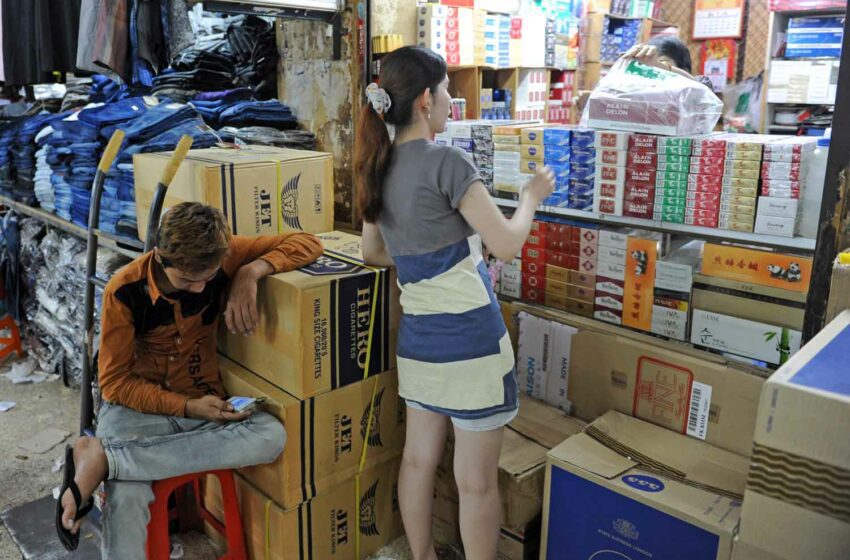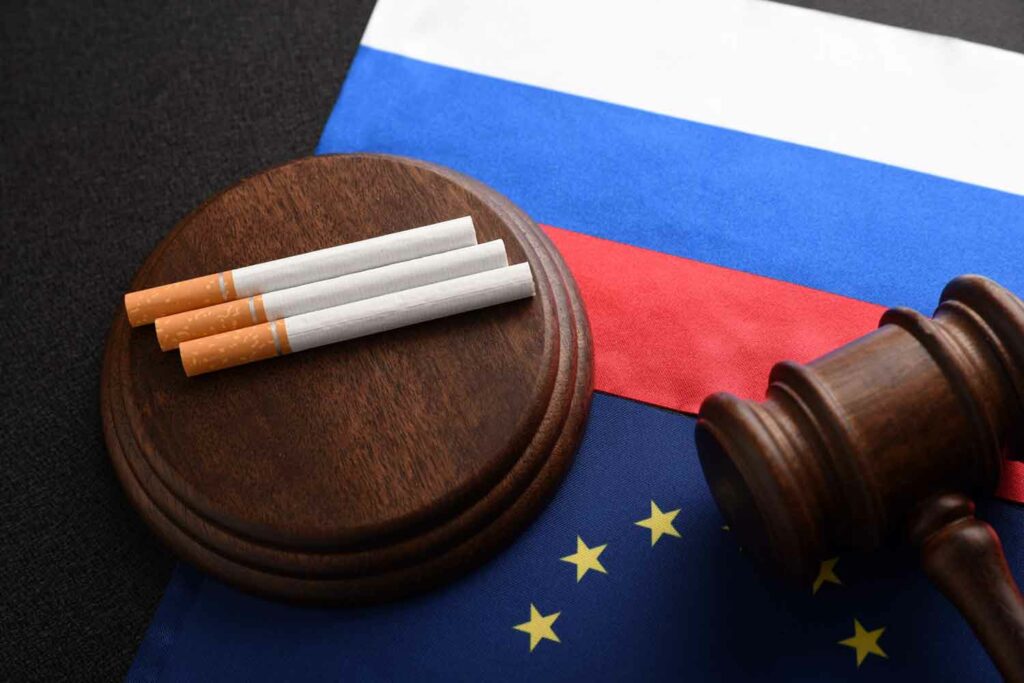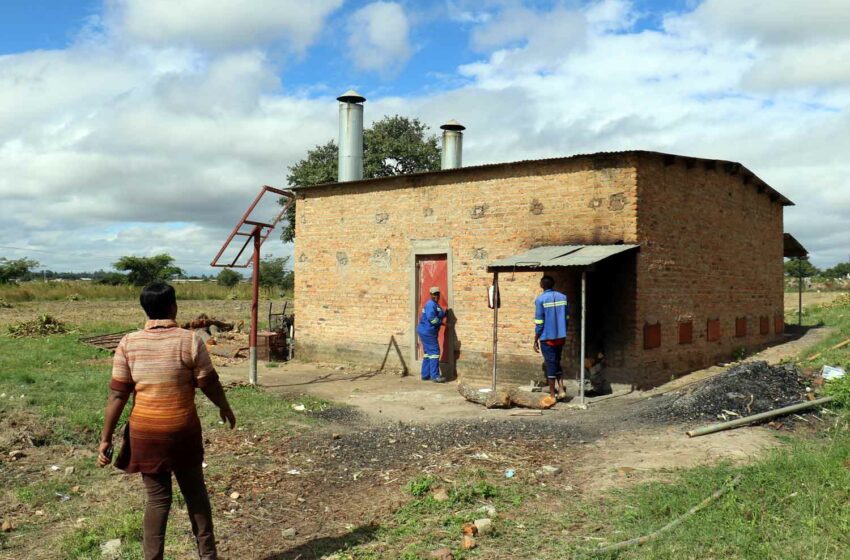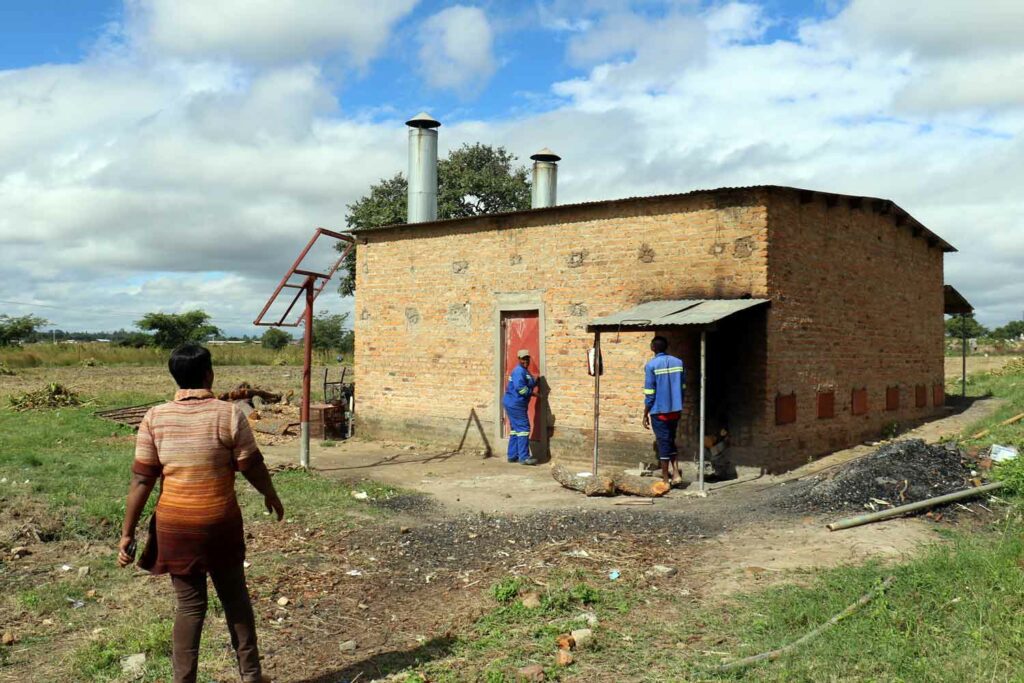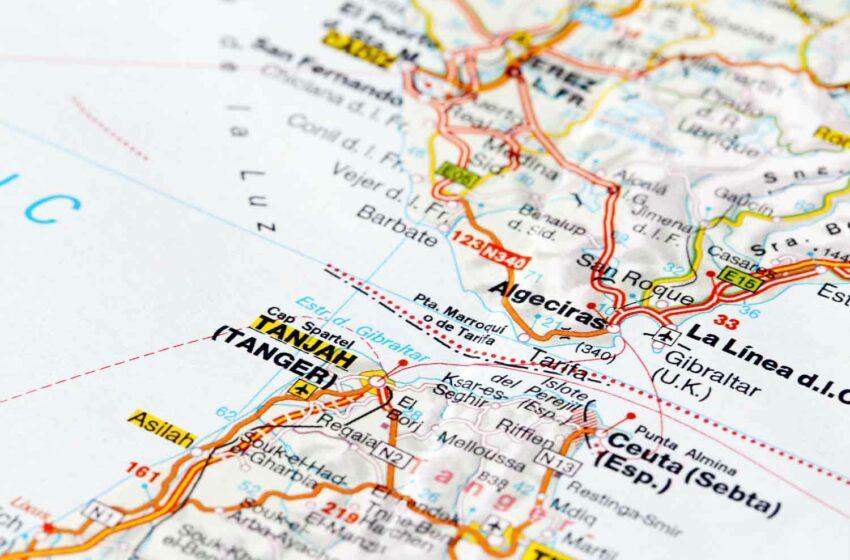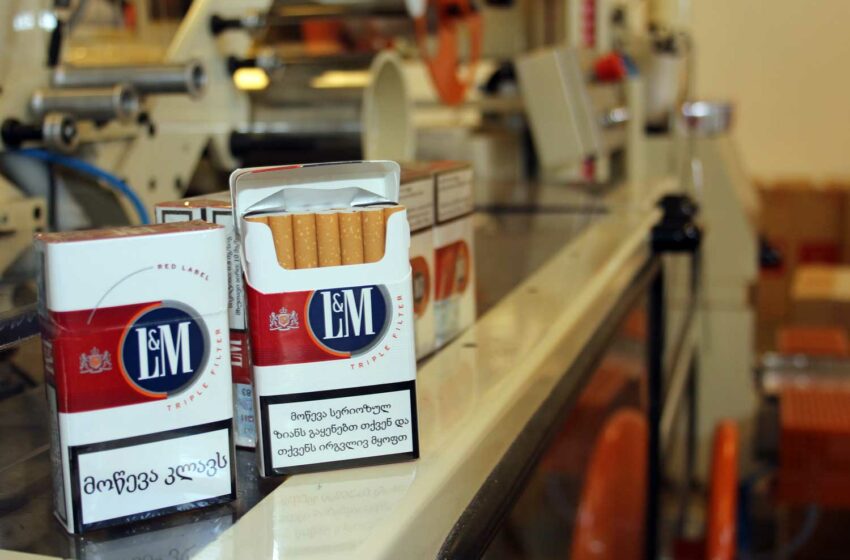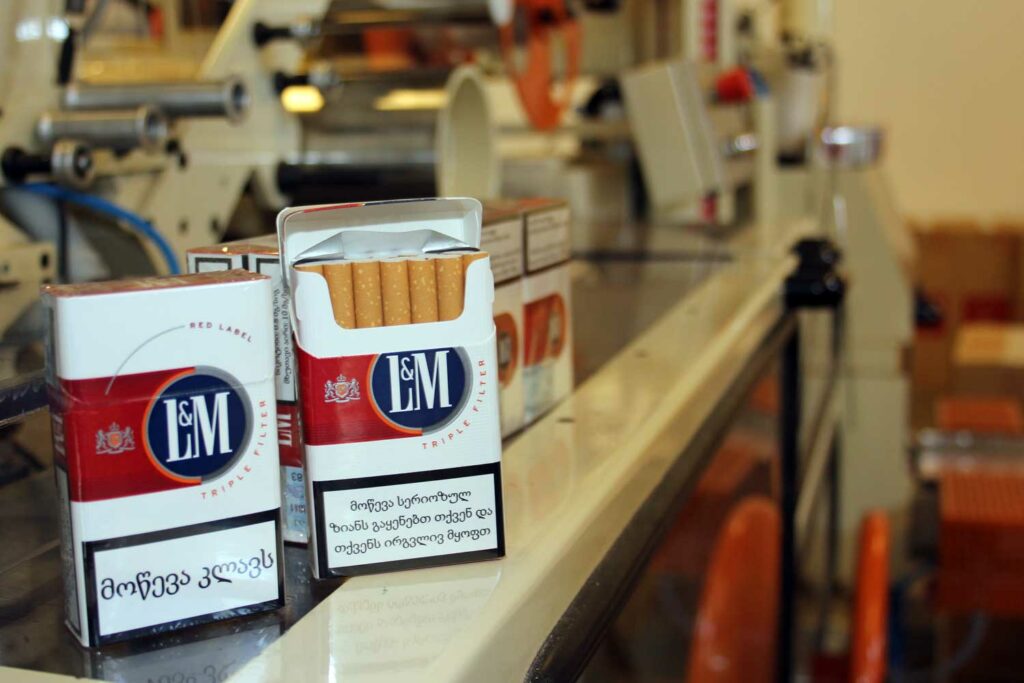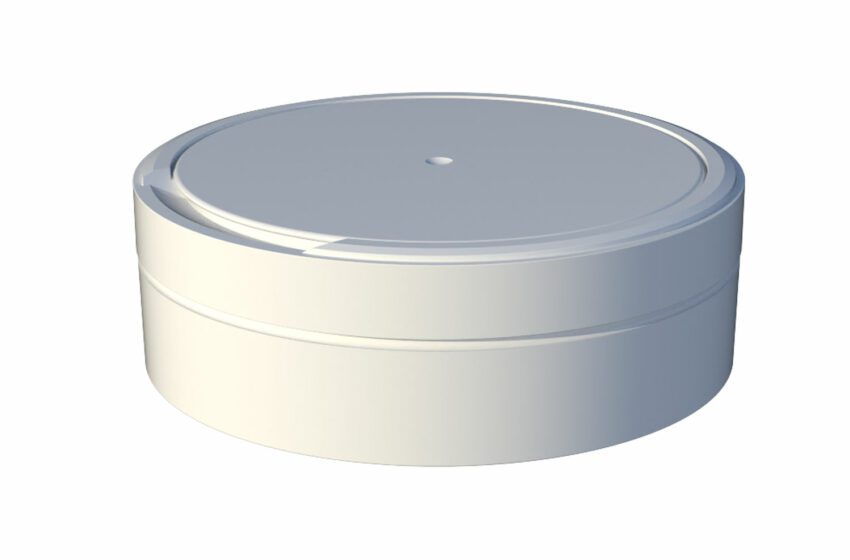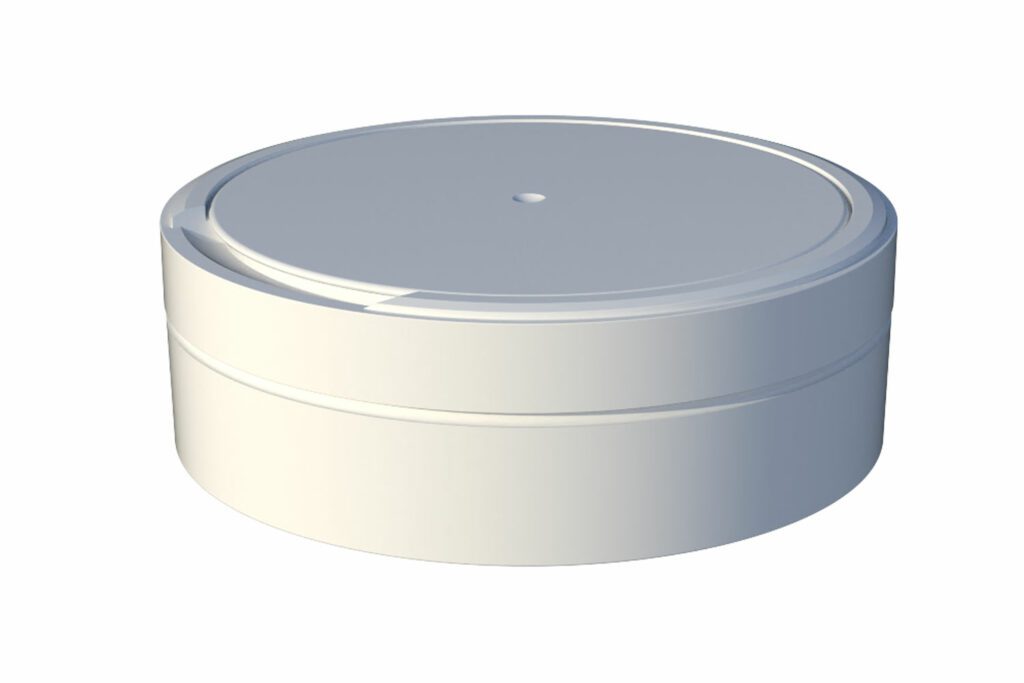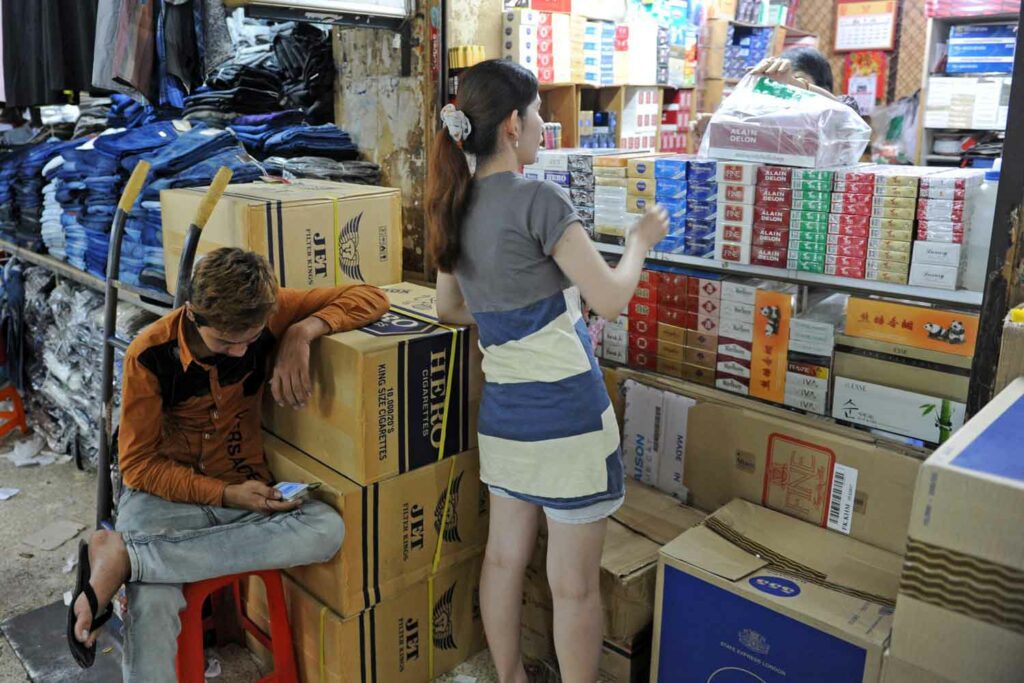
Vietnam’s finance ministry want to raise the excise duty on cigarettes and add an absolute rate per pack, reports Tuoi Tre News.
The current excise duty on tobacco in Vietnam is 75 percent of the factory price but only 38.8 percent of the retail price, according to the World Health Organization.
This share is much lower than in Singapore, where tax accounts for 69 percent of the cigarette retail prices, or Thailand, where it is 70 percent.
To protect public health, the ministry has proposed two solutions. The first involves keeping the 75 percent excise tax unchanged in 2026 but adding an additional tax of VND2,000 ($0.07) per pack.
From 2027 to 2030, the tax would then be revised up by VND2,000 per pack each year under this proposal until the absolute rate reaches VND10,000 per pack in 2030.
As an alternative, the ministry has proposed keeping the 75 percent tax unchanged in 2026 but subjecting cigarettes to an absolute rate of VND5,000 per pack.
This tax will then increase by VND1,000 per pack each year until it reaches VND10,000 per pack in 2030.
More than 42 percent of adults smoke in Vietnam, which is among the top 15 countries with the highest smoking prevalence.

